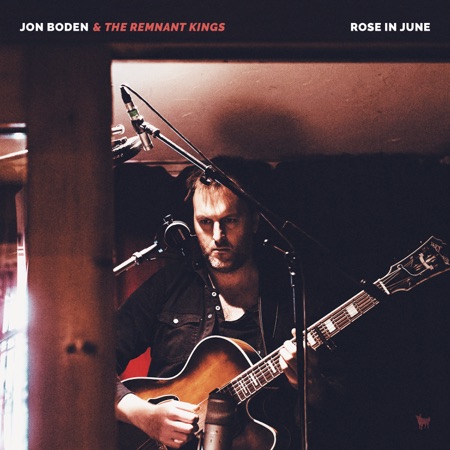Jon says, “Another FSC campfire number although I’m not sure who wrote it. I love the line ‘like a fiend for his dope or the drunkard his wine’
I think that line instantly gives it a modern feel, but even so the surprise (for me anyway) answer as to the composer’s identity is Merle Travis who also wrote 16 Tons. I confess to knowing very little about him and although he came from a mining family, I’d suggest the note by Peter Kennedy on Mainly Norfolk that “he is himself a miner”, is probably wide of the mark. Whether Merle was trying to claim that background as this song became a staple of the folk revival is I suppose possible, although chinese whispers is the more likely root of the statement. More interesting is Hedy West’s note about Merle’s conversation with a miner and indicates Merle’s genuine identification with that community he grew up in. He seems to be a character none the less and Merle Fest is a whole American annual event in his honour. His Wiki entry has him as a highly influential guitarist too, with both Chet Atkins and Scotty Moore in his debt. Another name for the ‘investigate at a later date’ file, but let’s face it I’m going to need a whole extra life to get through that one.
You can buy the January digital album now from all good download stores.





